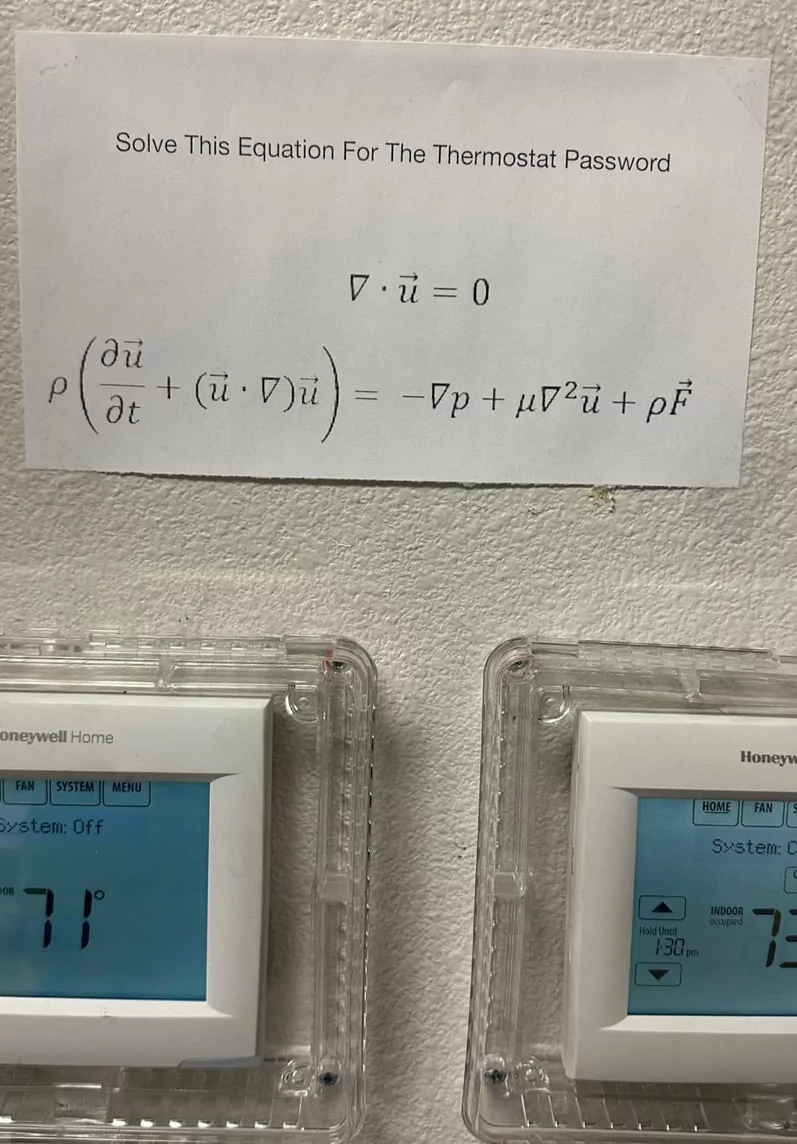this post was submitted on 22 May 2024
224 points (96.7% liked)
Memes
45548 readers
1146 users here now
Rules:
- Be civil and nice.
- Try not to excessively repost, as a rule of thumb, wait at least 2 months to do it if you have to.
founded 5 years ago
MODERATORS
you are viewing a single comment's thread
view the rest of the comments
view the rest of the comments

As a physics major this is very true. The answers are always 0, 1, or π
No e?
Usually it is e^t or something similar
Only if you are blowing shit up.
If your signal looks like f(t) = K•u(t)e^at with u(t) = {1 if t≥0, 0 else}:
So e pops up all the time in stable systems and bounded signals because the function e^at solves the common differential equation dx/dt = ax(t) with x(0)=1 regardless of the value of a, particularly regardless of whether or not the real part of a causes the solution to blow up.